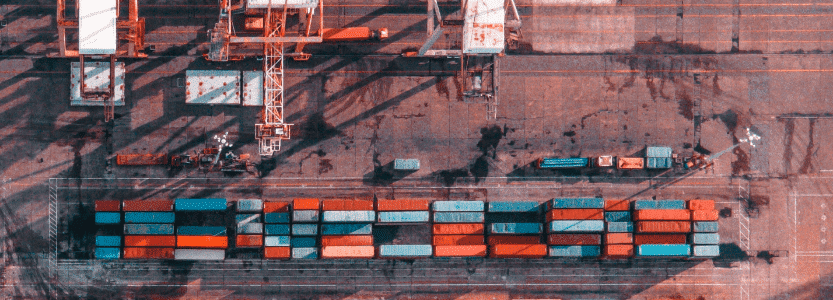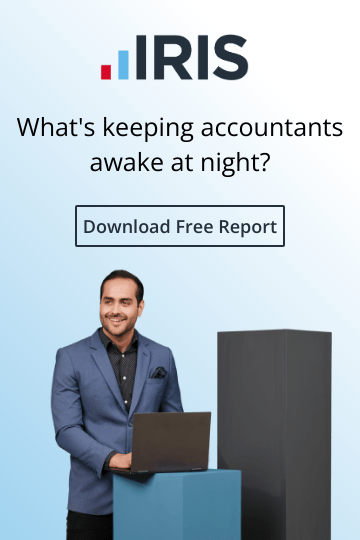BLOGS
Full customs controls have come into force: has your business adapted?

Has your business adapted to the changes around the VAT treatment of goods arriving into the UK?
As of 1 January 2022, HMRC has again altered full customs controls following the initial 2021 changes.
Only 25% of small importers affected by the changes claim to be ready, so what are the changes? We cover everything you need to know.
What were the 2021 changes?
In 2021, HMRC introduced a new model for the VAT treatment of goods arriving into the UK to ensure UK businesses would not be disadvantaged by competition from VAT free imports.
The changes allowed UK businesses to delay import declarations for goods at the UK border as part of the Staged Customs Control Rules.
What are the 2022 changes?
Customs declarations
As of 2022, businesses can no longer delay their import customs declarations.
Instead, declarations must be made and relevant tariffs paid at import.
Notices for food, drink and products of animal origin imports must also be given in advance.
Border controls - imports
Ports and other border locations are now required to control goods moving between the UK and EU.
For your goods to enter circulation, they must have a valid declaration which includes:
- Country code for the country of origin
- Country of despatch
- Customs clearance
Border controls - exports
You must now submit an ‘arrived export declaration’ for goods moving through a border location that uses the arrived exports process.
Failure to do so will result in your goods not receiving export clearance, subsequently meaning they won’t be permitted to leave the UK.
Rules of origin – imports and exports
To benefit from a reduced rate of Customs Duty under the Trade and Cooperation Agreement (TCA), known as a ‘tariff preference’, you must prove that:
- The goods you import to the UK originate in the EU
- The goods you export to the EU originate in the UK
UK and EU importers can claim tariff preference by providing proof of origin: see the Government guidance here.
Postponed VAT Accounting
Except for when HMRC have stated otherwise, VAT-registered importers can continue to use Postponed VAT Accounting (PVA) on all customs declarations that require them to account for import VAT, including supplementary declarations.
Commodity codes
The UK codes have changed; you can look up and find updated commodity codes here.
We’re here to help
For further information on how to import or export goods, visit www.gov.uk.
Alternatively, click here to see how IRIS Financials can support your business or if you have any questions, drop me a message on LinkedIn.









